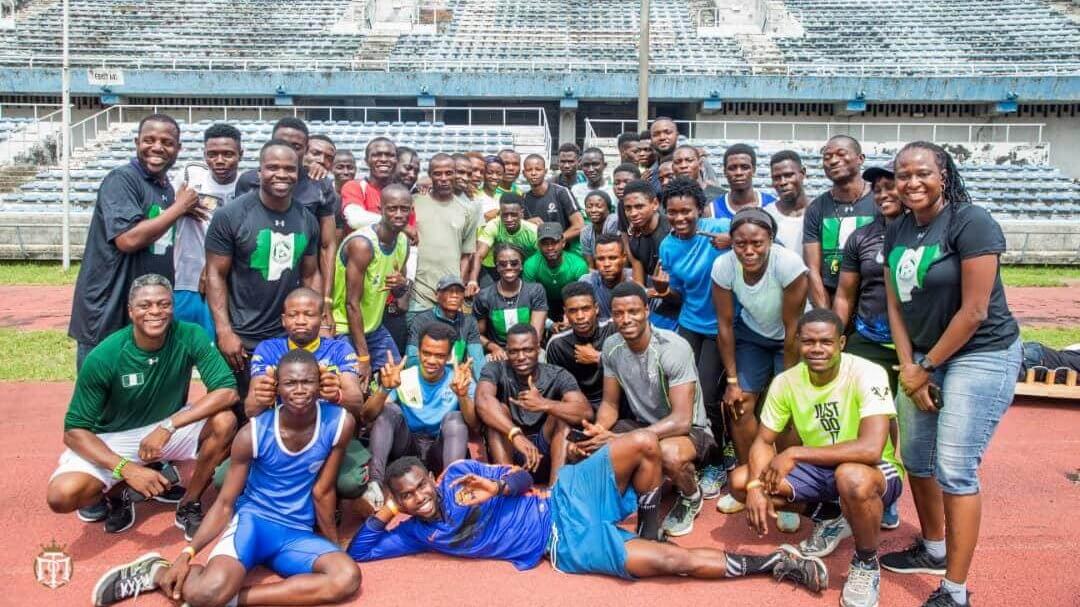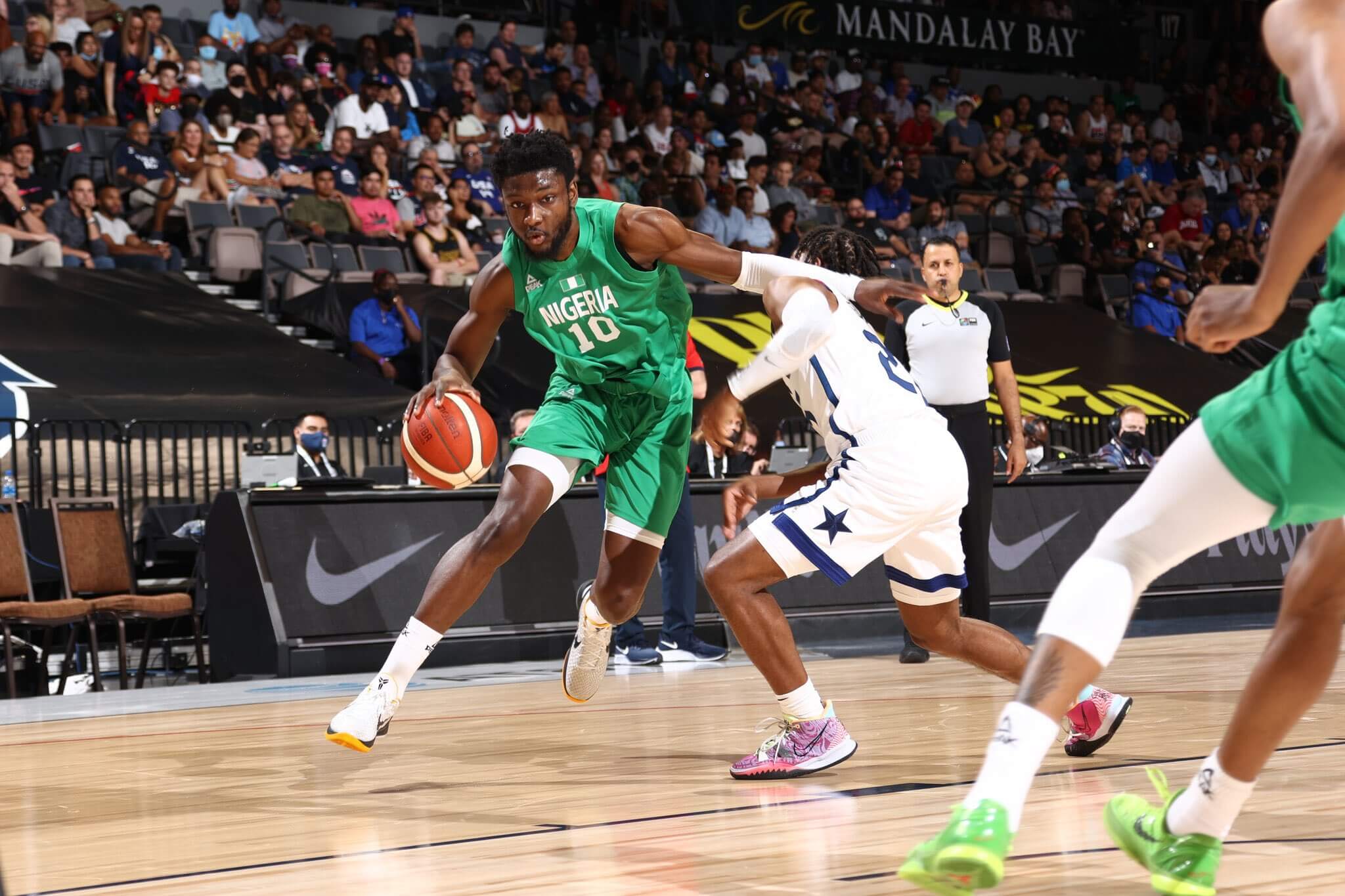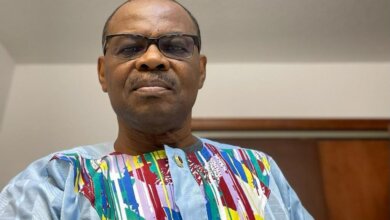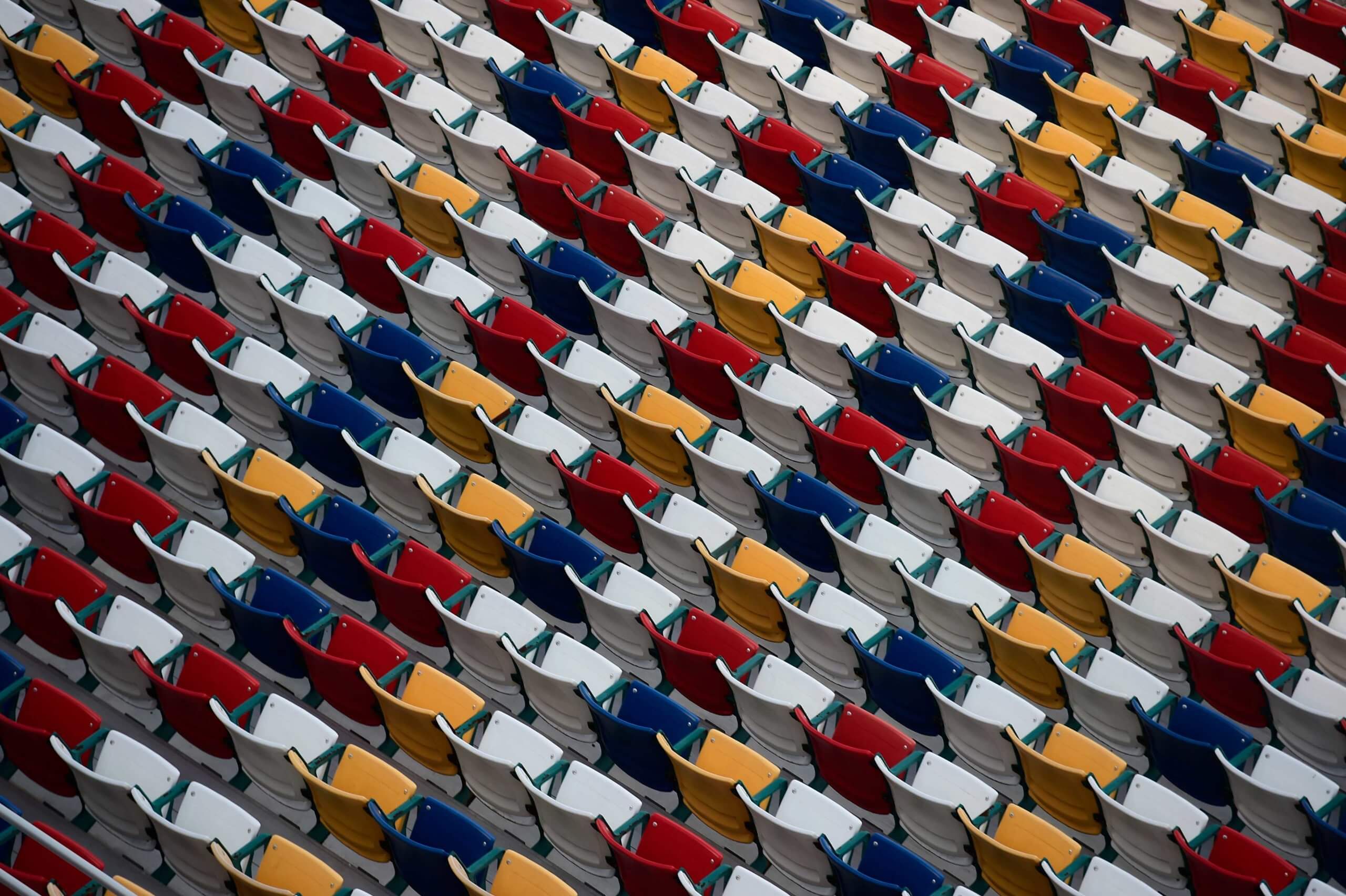
Around six months have passed, and something is absolutely clear: 2020 will be remembered in the history of mankind as the year of COVID-19. The damned virus has done tremendous damage to the whole world, and also to sports.
Let’s first recognize that sports, whether professional or amateur, is not at all the main type of human activity. Sports, the most modest part of the national economy, has two modest tasks. The first one is somehow to help people maintain their health. And the second is to entertain the same people – plus the audience sometimes far from physical culture – through the exploits of professional sports gladiators.
But their well-fed condition by previous standards should change. Already today, the total collapse of the world’s economy is being compared with the Great Depression of 1929-1933. But we are still at the first stage of the fight against the virus. And who said that the second, third … waves would be less ruthless than the current one. They will certainly create a vaccine, the only question is when? Sports in its present prosperous form should rather realize that there will be no former generous volatility. I am writing about this not from a place of relish, but with regret, since I gave almost half a century to the chanting of champions.
However, in front of my eyes, sports gradually turned from a relatively modest breadwinner of talented individuals who did not spare their health, into a sky-high commercialized and overestimated sphere of physical effort.
Previously, the colonel’s neighbor was indignant: the players of his beloved CSKA receive as much as he, who went through the war in Korea. A poor veteran would have turned over in his grave if he had found out that a little-known footballer, who is not even in the Premier League, but just an FNL-national, publicly complain about the loss of his salary to some miserable 200-400 thousand a month during a period of general decline. Playing for his Nizhny Novgorod, the midfielder featured in 20 matches and scored two goals. Yet, we have a famous writer-laureate who would be happy to grab not 200, but 150 thousand, for a book that took at least a year of hard labor.
By the way, I was surprised to find that our football Premier League, which is the most expensive one, is not very different from the modestly paid Belarusian one. Watching on TV the matches of the Belarusian championship, I noticed that the neighbors are somehow more adventurous, faster. Not a compliment. Only an impartial statement.
Maybe has the hour of reappraisal of overvalued values now begun? I’m afraid that now even the Russian oligarchs, who have lost their billions, will think before putting out millions of dollars for a foreign hockey player, basketball player, who once won something, and now over the years has grown bald and overwheigt from sitting on the bench of his French or German team. On the slope of a successful career, he favorably, and even after some doubts, accepted the millionth offer “from these Russians”, in order to provide for the third or fourth generation of his descendants. Stop scattering money.
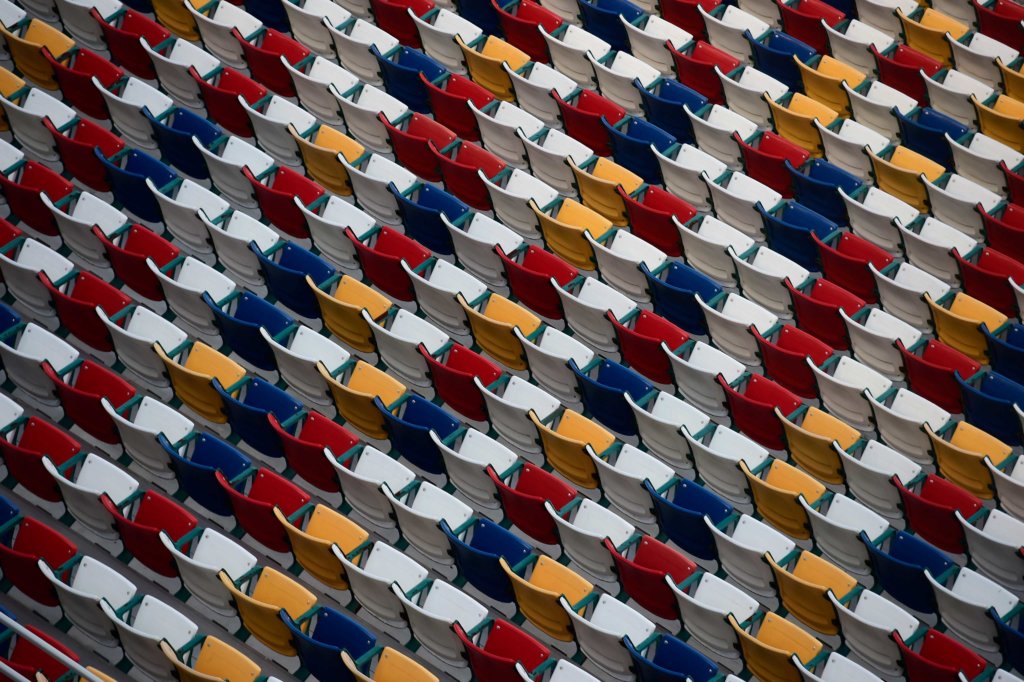
They are needed for other goals, and especially today. I hear about the cost of a star ranging from 8-10 million dollars a year. And I involuntarily think: this money would have been sent to the victims of the coronavirus in distant Dagestan, Severomorsk and Transbaikalia that suffered so much. But there should be no government decrees or governor kicks. It is necessary to realize that a new difficult time has come, when you will have to abandon the luxury that is unnecessary at the moment for seven to ten years.
In the end, let’s trust our compatriots in sports. I am not naive. The ins and outs of payments to players and their agents are known to me. And all the same, our disorder in the selection of expensive foreign sports personnel should fly into the past.
The Russian Ministry of Sports has already reduced quarterly spending by 7 billion rubles. What’s next is easy to guess. The feeling that the main concern of the new Minister of Sports Oleg Matytsin will be just maintaining public health.
And in world sports, change is inevitable. Since 1976, he has worked at 13 Olympics. With each four-year anniversary, the Games literally sagged from their own growing gigantism. More athletes, sports and, accordingly, brand new palaces and stadiums. And many sports facilities that cost fabulous and inconsequential money, after the 17-days holiday, passed into the category of unemployed. In Rio de Janeiro, since 2016, they have already turned into abandoned monuments. This is unlikely to happen again in the post-pandemic era.
See how quickly the Japanese reacted to the postponement of the 2020 Olympics to next year. Due to viral force majeure, one of the richest countries lost $ 12 billion. And, catching her breath slightly, put forward several conditions to the International Olympic Committee. Games either in 2021 or never. The solemn opening and closing ceremonies, at which hundreds of millions glorify the host country, would be held in a much more modest format.
And the French, who are going to host the Summer Olympics in 2024, want to cancel the expensive Olympic transport, transferring all members of the Olympic family – both athletes and journalists – to city buses or lowering them into a stuffy subway. Get to sports facilities yourself. In addition, for the first time in post-war history, local businessmen are not really going to give way to the IOC’s world top sponsors, who fill other markets with their goods and services during the Games. Why should foreigners get profit, and even the IOC, when we, the French, are organizing. Do you feel it? The conversation went in another language.
I regret to note that many international sports federations suffered huge losses. Major championships were cancelled, rescheduled and it is not known when they will take place. Consequently, contracts with sponsors have not been fulfilled. And those, who also lost a lot in the months of world lockdown, will not rush to conclude new agreements at all. That means that the national federations will not receive any deductions from the international ones. This is a chain, no, rather a vicious circle from which in the coming months (at best) will not break out.
There is a lot of talk about competitions online. In my opinion, they are only good for chess, which has gained a lot of popularity over these three months. I watched small athletics tournaments. We watched eSports competitions. But all these are not what we love and what we are used to. Yes, and sports without spectators, for us, is like drinking a glass of the favorite and not grunt.
Sports will definitely return – and we, along with it – to the stadiums. But it will no longer be the same.
Christopher Sam is a savvy web designer and developer with advanced knowledge in Search Engine Optimization. The certified Google Trainer is also a trusty contributor to this website.

